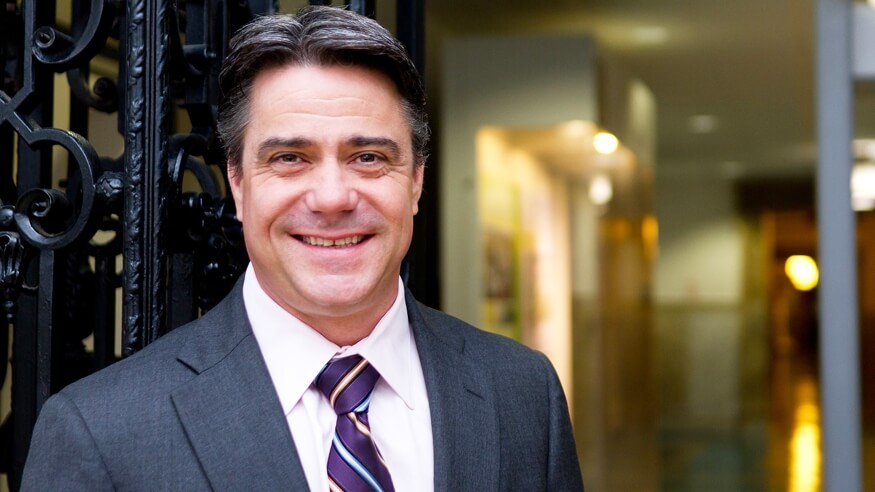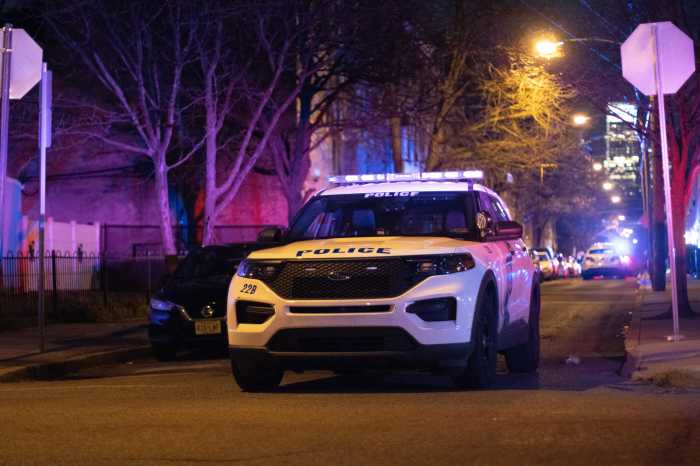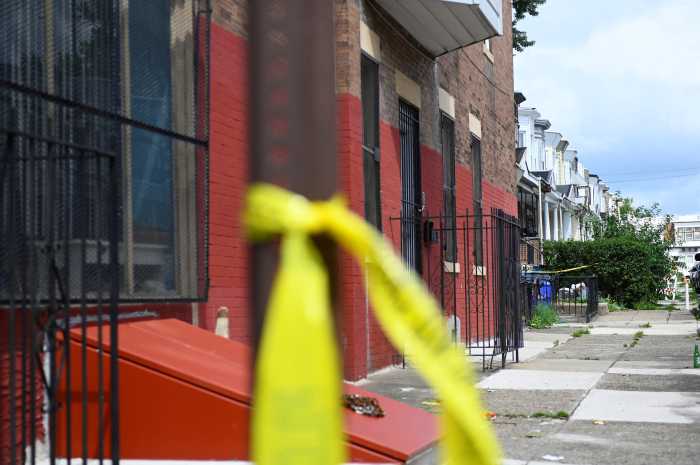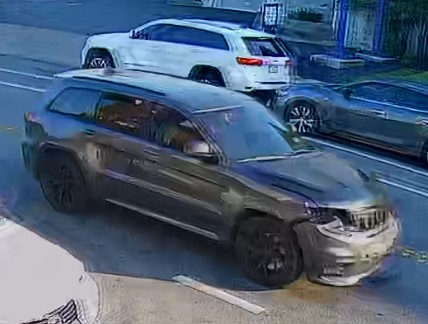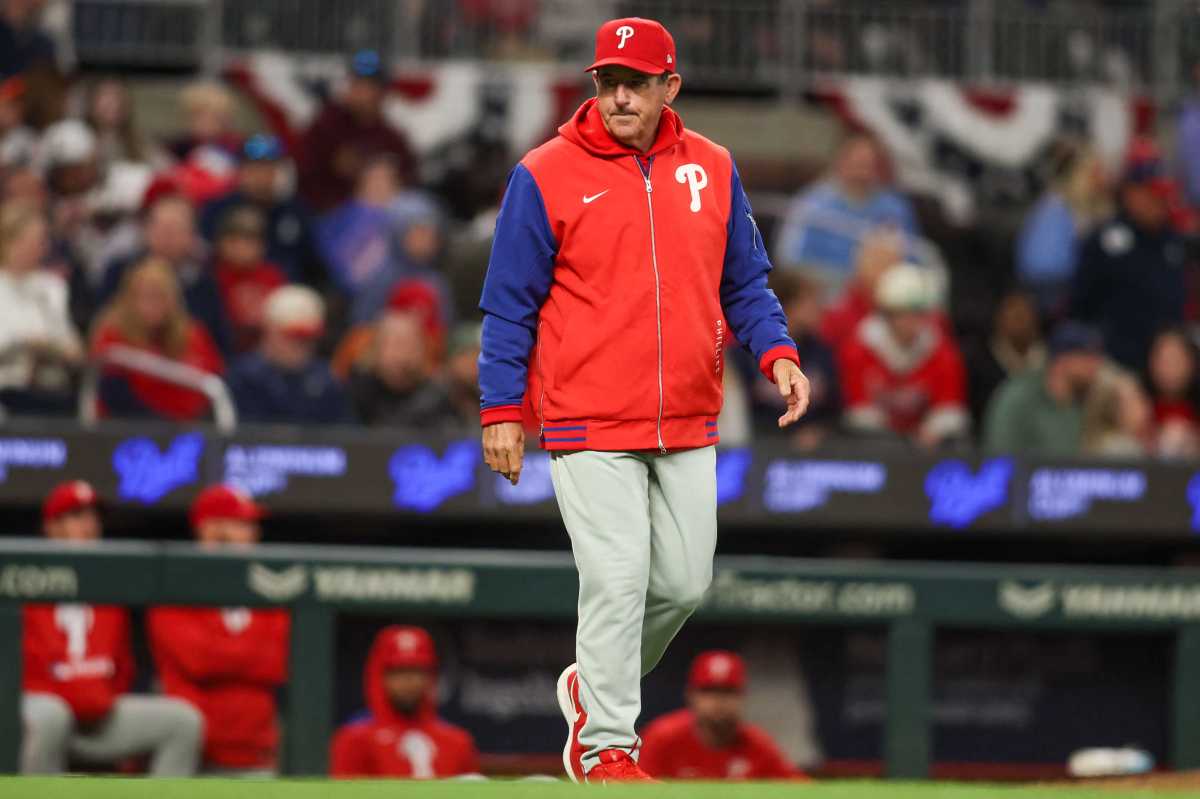Former City Councilmember Bobby Henon, who resigned last year after being convicted of bribery charges, was sentenced Wednesday to three-and-a-half years in federal prison.
The penalty was far lower than prosecutors were seeking – 8 to 10 years, in line with sentencing guidelines.
U.S. District Judge Jeffrey L. Schmehl noted that he is not required to follow those recommendations and indicated he considered Henon’s history of public service in rendering his decision.
“Sentencing is difficult. It’s one of the most difficult things a judge does,” Schmehl said during Wednesday’s hearing. “It’s even more difficult when you have a good man convicted of bad things by a jury.”
“I will honor that sentence,” Henon told reporters outside the federal courthouse in Old City. “When I come back, I’m going to be right back into community service.”
Henon was ordered to report to prison April 17; pay a $50,000 fine; and pay an additional $208,000 in restitution. Schmehl requested that he be incarcerated as close to Philadelphia as possible. Henon will be supervised for three years following his release.
Prosecutors argued for a stronger sentence, saying Henon’s actions undermined the public’s trust in elected officials. They also claimed a lengthy prison term would deter others from engaging in corruption.
Much of the case against Henon stemmed from a salary he received from the International Brotherhood of Electrical Workers Local 98 during his time on Council.
Henon, who represented part of Northeast Philadelphia for 10 years, did little as part of the job, and, in exchange, he did the bidding of the union’s business manager, John “Johnny Doc” Dougherty.
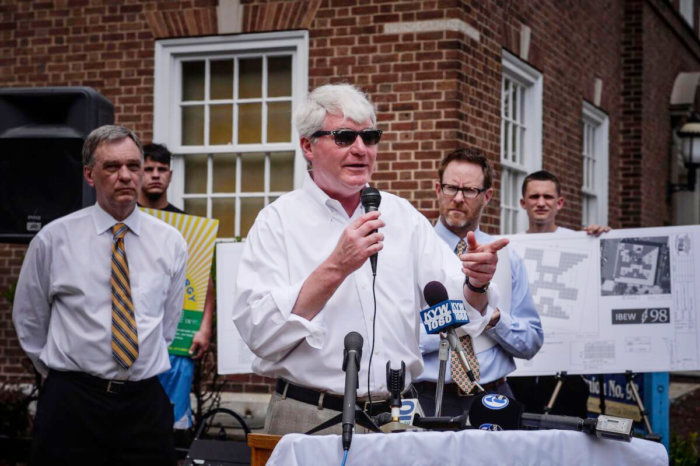
During 18 months of wiretapped calls, which constituted a significant chunk of the government’s evidence, “there was not a single instance in which Mr. Henon said no” to Dougherty, Assistant U.S. Attorney Frank Costello said.
In one recorded conversation, Dougherty, who was also convicted in the case and faces two additional trials, told Mayor Jim Kenney that Henon was “on my payroll,” according to prosecutors.
Henon was convicted in November 2021 of intervening in several situations on the orders of Dougherty. Among other incidents, he dispatched city inspectors to the Children’s Hospital of Philadelphia after Dougherty reported that non-union workers were installing equipment there, and he used a plumbing code change as leverage to get Dougherty elected as head of the Building Trades Council.
“This case exposed the dirty underbelly of city politics,” Schmehl said.
Council members are allowed to hold outside employment, and Henon reported his Local 98 salary on ethics forms. Schmehl suggested that lawmakers should alter the city charter to prevent such conflicts of interest.
Brian McMonagle, Henon’s attorney, described Henon’s difficult upbringing – both his parents were alcoholics – and said Local 98 became his family. Henon joined the union in 1989, rising up its ranks before being elected to City Council in 2011.
“For Bobby and others in that union, John Dougherty walked on water,” McMonagle said. “This case has nothing to do with bribery. It’s a case of loyalty.”
McMonagle requested a short prison term, but some of Henon supporters, who packed the courtroom and nearby hallways, asked Schmehl to spare the former Council member incarceration altogether.
A parade of character witnesses – from a Catholic priest to the leader of a Northeast Philadelphia-based food bank – praised Henon’s work in the community, particularly during the coronavirus pandemic.
In addition, more than 175 people wrote letters to Schmehl urging leniency.
“Post Bobby’s trial, I’ve seen a man who is not only remorseful, but he has stood tall,” said the Rev. Joseph Campellone, former president of Father Judge High School. “He has made peace with his God.”
Henon overcame alcoholism of his own more than 25 years ago, and friends said he was an important figure in the Northeast’s recovery community.
“This is really upsetting for me to be here because Bobby’s a hell of a guy,” childhood friend Scott McIntryre said. “That man saved my life, along with his wife.”
Henon, in addressing the judge, said he took responsibility for his actions; however, he told Schmehl he never intentionally committed a crime. He did apologize to constituents for putting his union’s priorities first.
“I tried my best to help every Philadelphian, especially those most vulnerable and in need,” he said. “I never took a bribe, and I never asked for one.”



